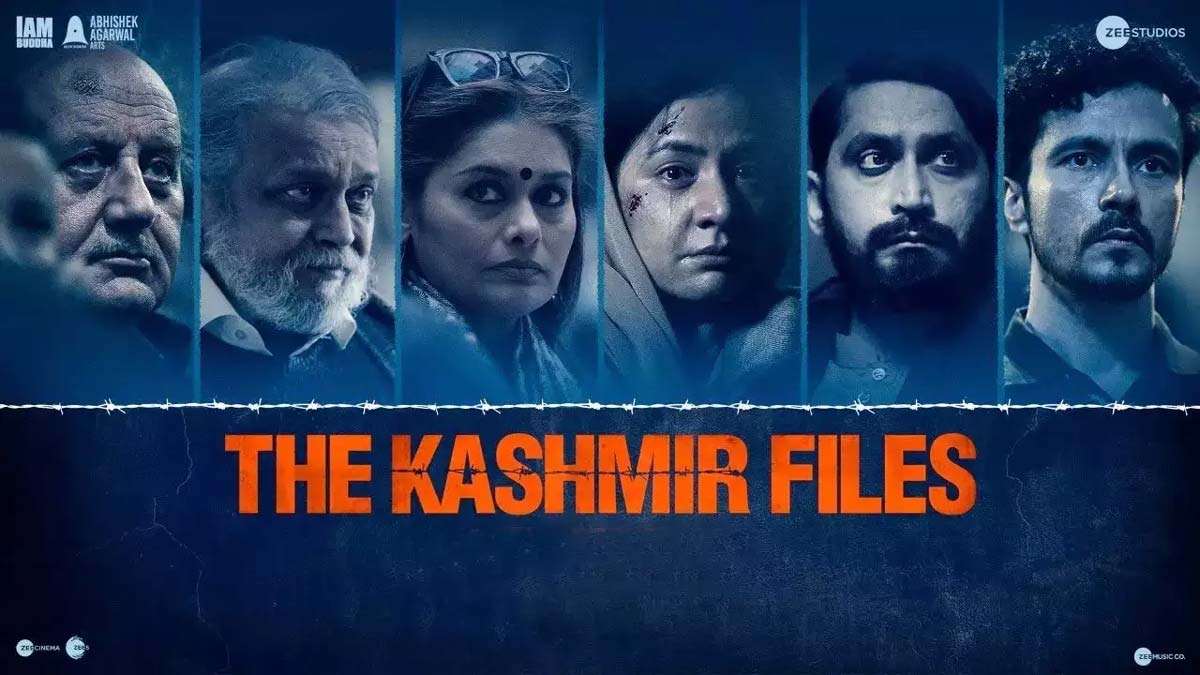
'The Kashmir Files' is out in the theatres. In this section, we are going to review the latest Bollywood blockbuster.
Story:
Krishna Pandit (Darshan Kumar) is a Kashmiri Pandit who is studying at a university in Delhi. His Marxist professor Radhika Menon (Pallavi Joshi) wants him to contest student elections by raking up the issue of the Kashmir secessionist movement, which she says is a legitimate freedom movement.
On the personal front, Krishna is going through a mini-crisis in life. His grandfather Pushkar Nath (Anupam Kher) is suffering from dementia and his days are numbered. Pushkar is a Kashmiri refugee who was evicted by Jihadis in the early 1990s from his homeland.
The film narrates the coming-of-age tale of Krishna in this context by shifting timelines from the present to the gory past.
Analysis:
The film under review has been evoking polarizing reactions ever since it was released in theatres on March 11. Writer-director Vivek Ranjan Agnihotri narrates the history of the exodus of five lakh Kashmiri Hindus in the early 1990s when JKLF and other terror outfits bared their fangs, killing hundreds of Hindu minorities in cold blood in a genocidal mission.
The drama belongs as much to the performers as it belongs to the writers, director. Anupam Kher is fabulous, invoking concern for his character in us. We can feel the agony of his character. Darshan Kumar is ordinary initially but his performance is fabulous in the second half. Mithun Chakraborty is awesome as Pushkar's old friend. Prakash Belawadi, Puneet Issar, and Atul Shrivastava are good in their respective roles.
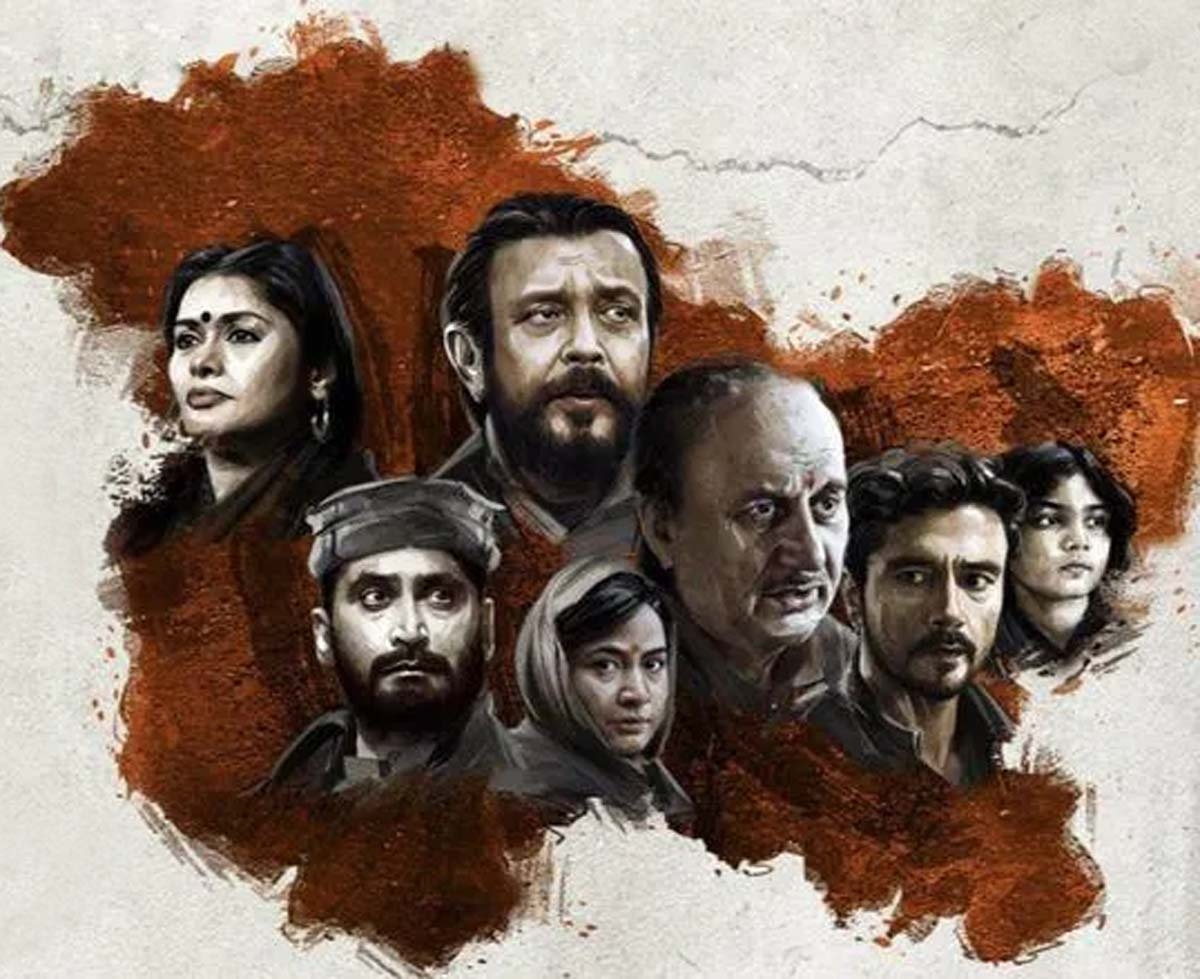
The juxtaposition between the past and present works fine. The Marxist professor gets to put her point of view (if it can be called one) across. She is a sweet-talking enemy of humanity with clandestine links to terrorists. The conversations between her and Krishna may well be slice of life. The 2016 incident in JNU, where students shamed India for hanging convicted terrorist Afzal Guru, gets a dramatic recreation.
The dining table conversations sound a bit bookish but they convey their point successfully. At times, the dialogues sound like Facebook posts/counters. A generation that is vaguely clued into the happenings in Kashmir is not finding it hard to comprehend the film's central message.
It took Mani Ratnam's 'Roja' to introduce to us the landscape of Kashmir. In the current film, the landscape is not romantic. It's infested with religious fanatics who stop at nothing to see their neighbours killed just because they are infidels. From what has been written about the exodus, the depictions in this film are authentic. Vested interests will always be uncomfortable with what this film shows and are even complaining that terrorists have been called terrorists!
The scenes are disturbing, making us feel for the plight of Pandits, who are made to go through existential torture and starvation. The open digs at the likes of Sheik Abdullah are warranted. (As an aside, those people who find fault with the politicians of only the current ruling party are complaining that 'Kashmir Files' targets Abdullah types but not other politicians. Wonder why the emotional attachment with some political leaders as if they were flawless statesmen!).
The film doesn't resort to unwarranted BGM surges. The brainwashing of Krishna by her Jihad-friendly professor is dramatically told. She saying that it's all about power games is a piercing insight into the mindset of power-hungry Communists, whose ideology is openly in favor of installing a dictatorship. If you are clued into Leftist activism, you will know the devious nature of the language her character uses.
Talking of the depiction of horror, the hospital scene can make you feel the terror of those times. "Kashmir will become Pakistan without Hindu men, with Hindu women," is a slogan used by Jihadis. Survivors have attested to the same in research-based books.
The interplay of the separatist network, the info war, the mendacious victimhood narrative, and international media has been spoken of in the film. Amidst all this, the film becomes a grandfather-grandson story, which is why the second half works really well.
Udaysingh Mohite's cinematography is outstanding, while Rohit Sharma's BGM is fine.
Verdict:
'The Kashmir Files' is a politically and socially relevant film that tells the truth as it is.




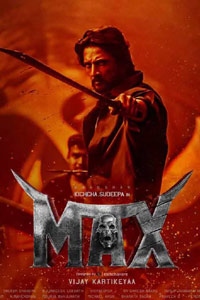
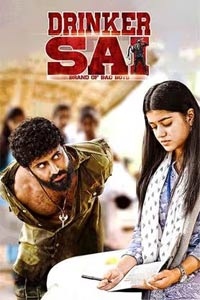
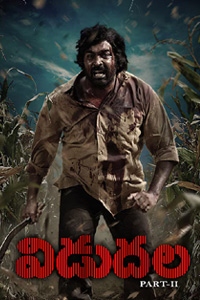


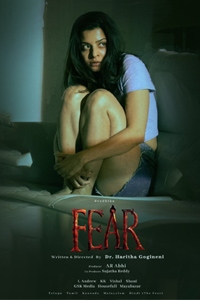
Comments